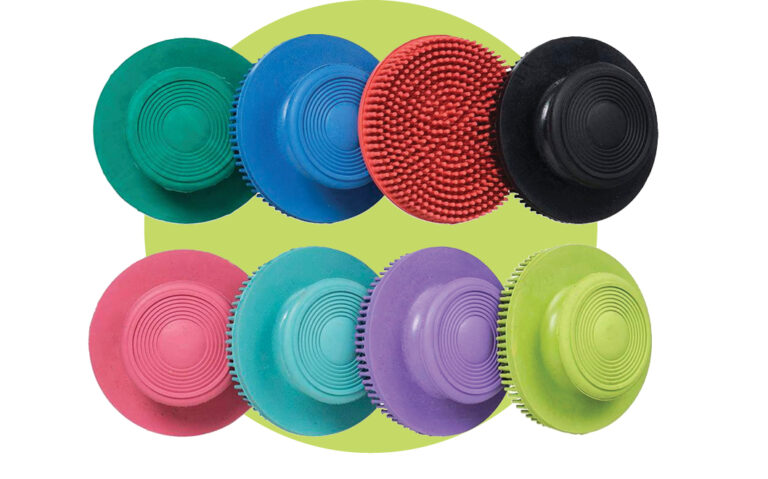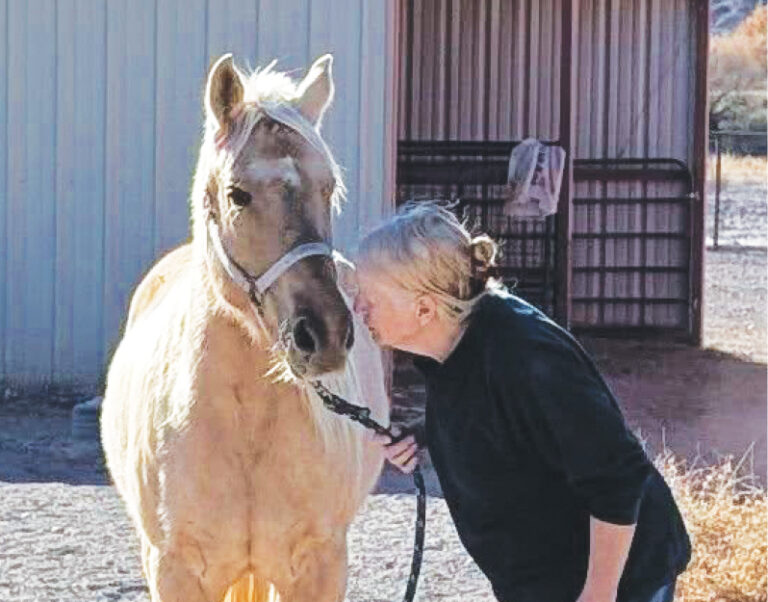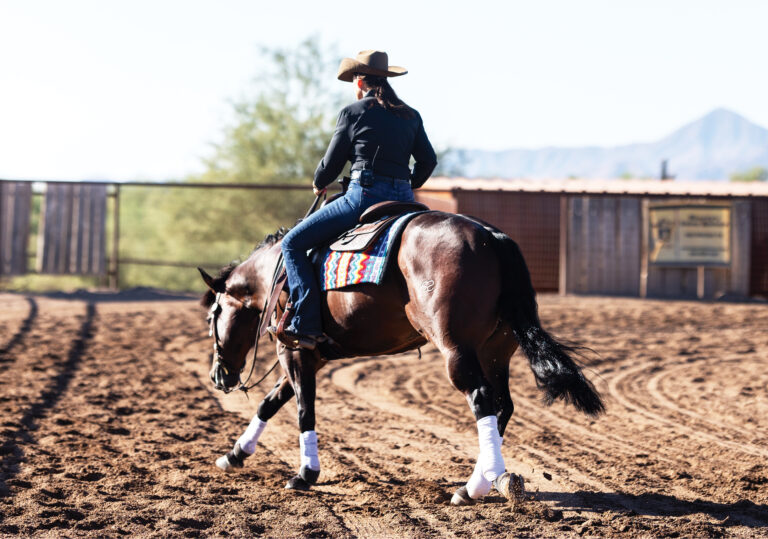
1. If your horse has a “soft poll,” it means that when you pick up on the reins, he…
A) lowers his head and neck.
B) flexes vertically at the throatlatch.
C) raises his poll and directs his ears back at you.
2. True or false: A horse’s conformation should not affect how well he flexes at the poll.
T / F
3. True or false: A horse that “anticipates” isn’t really cheating.
T / F
4. True or false: Backing up isn’t natural for horses.
T / F
HOW’D YOU DO? (Answers below.)
1. B is correct. A “soft poll” means your horse flexes vertically at the throatlatch when you pick up on the reins, and flexes from side to side when you ask with each rein.
[RELATED: Is your horse overflexed through his poll? Here’s the fix.]
2. F is correct. A horse’s conformation *will* affect how well he can flex at the poll. A thicker neck means the horse can’t flex as much as a horse with a slenderer neck can. Bottom line: Your horse must be comfortable with his head carriage in order to be happy and work his best for you.
3. T is correct. A horse that anticipates is just trying to please you (and avoid getting pulled on) by beating you to what he thinks you want next. This comes from having done something the exact same way too many times. It’s variation in the sequence of maneuvers and transitions that keeps your horse from learning to anticipate.
4. T is correct. Backing up isn’t natural for horses. You rarely see them backing up on their own, in nature. To compensate for this in preparing for competitive maneuvers, back your horse a lot, starting on the ground (if he’s a young horse) and continuing on a regular basis from the saddle.
[GET MORE great insights from trainer and riding coach Don Murphy.]
Hey! Not already receiving H&R’s fun and informative newsletter? Sign up right now for The Ride. It’s free!






